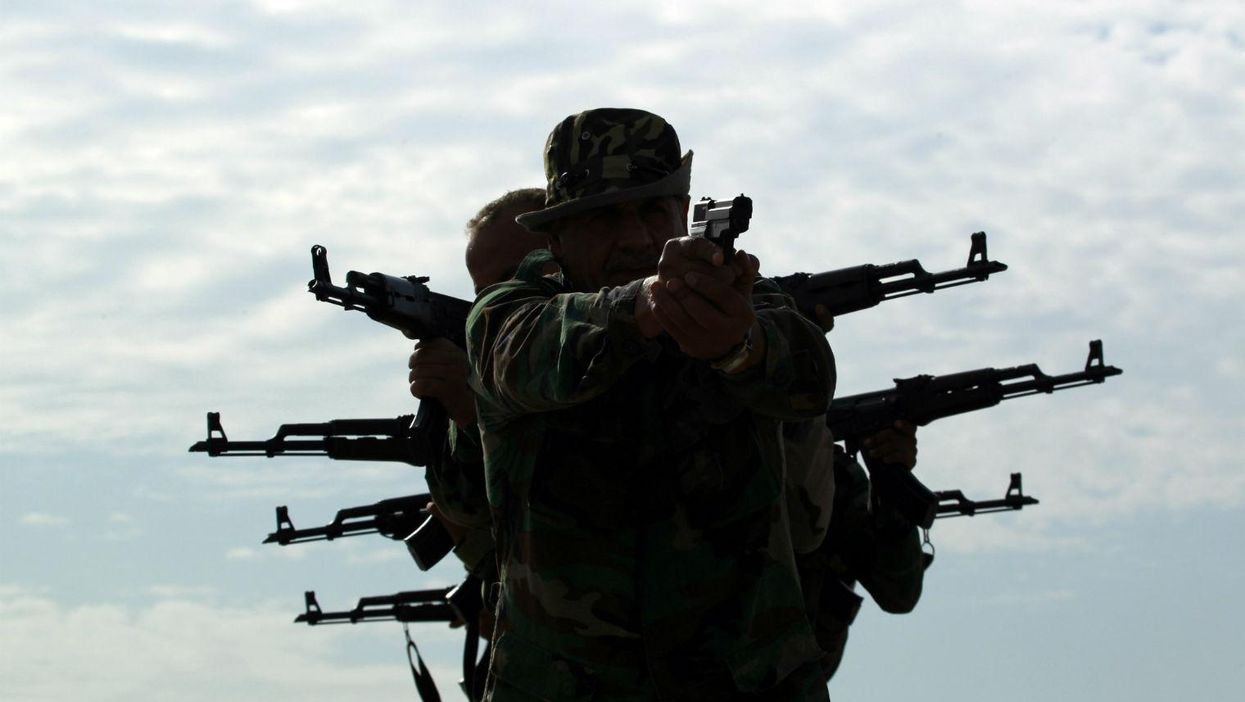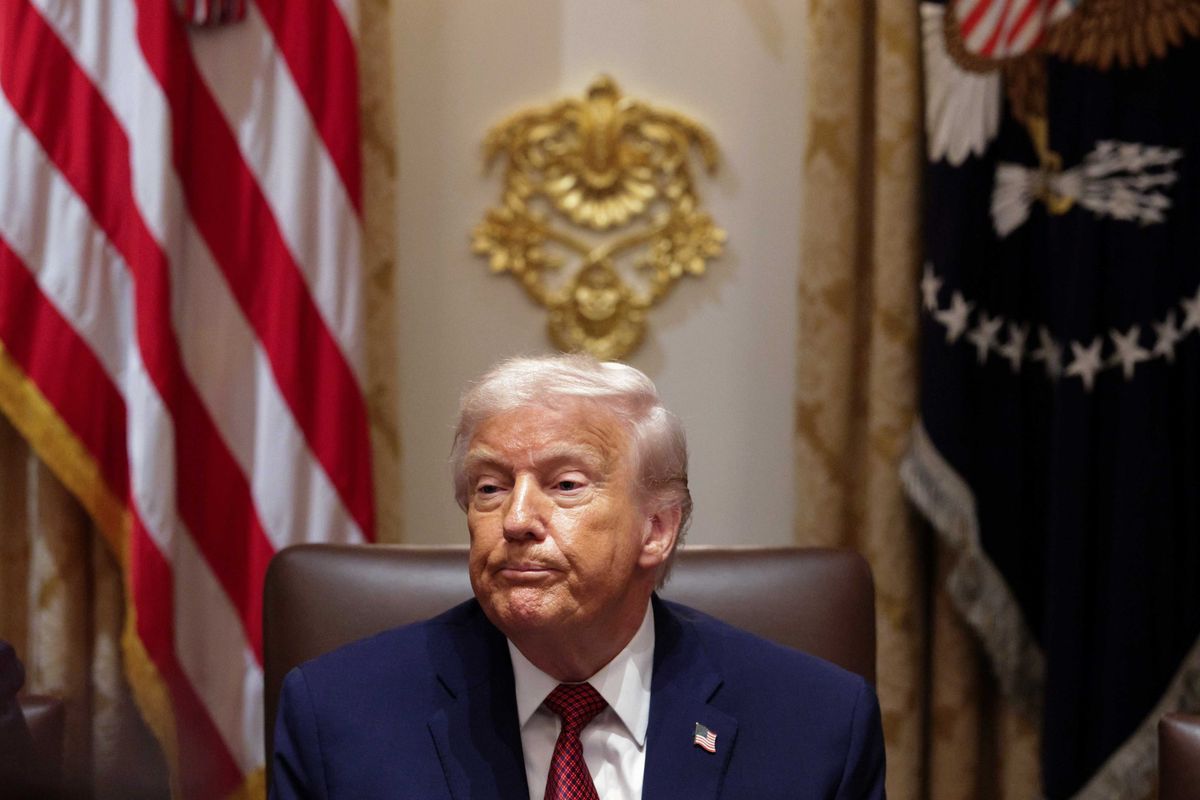News
Bethan McKernan
Oct 28, 2015

Iraqi fighters who volunteered to fight Isis
The swift rise to prominence of terror group Isis shocked the world last summer.
The well-funded, self-styled 21st century caliphate has unleashed horrors on people living in its territories in Syria and Iraq.
While US-led coalition (and now Russian airstrikes) have succeeded in somewhat thwarting Isis' military operations, foreigners are still flocking to join the group as fighters in their thousands.
The thorny and complicated conflict with the group has been described as "hopeless" by regional experts, and the current situation has stalemated.
But the US defence secretary Ash Carter has a new plan. Or at least, a rebranded plan, which he unveiled to Congress on Tuesday:
What I call the 'three Rs' - Raqqa, Ramadi and raids.
The US plan is to support armed Syrian rebel groups who are trying to attack Raqqa, Isis' capital in north-eastern Syria, increase support to the Iraqi army and volunteers whom are trying to take back the city of Ramadi in the west of the country, and step up airstrikes across Isis-held territory.
The measures are designed so that anti-Isis forces can "gather battlefield momentum,” Carter testified before the Senate Armed Services Committee.
More US special operations forces raids in Iraq, such as a mission earlier this month which rescued 70 hostages held by Isis near the city of Hawija, are also on the cards.
The Pentagon's programme to train and equip Syrian rebels was shut down last month after it was widely criticised as a waste of time and resources.
While the old approach was to train and equipment completely new forces outside of Syria before sending them into the fight, the new approach is to work with vetted leaders of groups that are already fighting [Isis] and provide equipment and some training to them and support their operations with airpower.
Carter did not mention support for rebel groups actively involved in fighting troops of the Bashar al-Assad regime in other parts of Syria, and nor did he recommend the implementation of no-fly or humanitarian zones.
More: The US believes there has been a "global surge" in foreigners fighting for Isis
Top 100
The Conversation (0)













